If you want to use television to teach somebody, you must first teach them how to use television
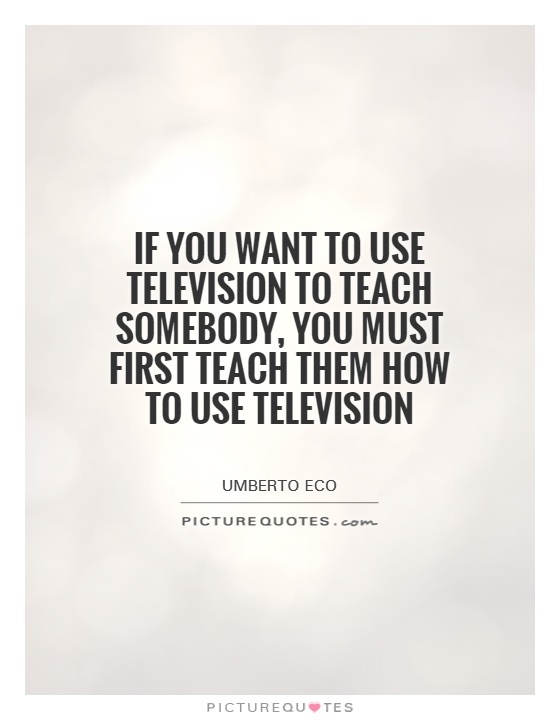
If you want to use television to teach somebody, you must first teach them how to use television
Umberto Eco, the renowned Italian philosopher, semiotician, and novelist, was a firm believer in the power of media and its ability to shape our understanding of the world. In his work, Eco often explored the ways in which media, particularly television, influences our perceptions and beliefs. One of his most famous quotes, "If you want to use television to teach somebody, you must first teach them how to use television," encapsulates his belief that in order to effectively educate through television, one must first understand the medium itself.Television is a powerful tool that has the ability to inform, entertain, and influence millions of people around the world. However, it is also a complex and multifaceted medium that can be easily misinterpreted or misunderstood. In order to effectively use television as a means of education, one must first understand how it works, how it shapes our perceptions, and how to critically analyze the information presented.
Eco believed that television, like any other form of media, is a constructed reality that is shaped by various factors such as ideology, politics, and economics. In order to navigate this constructed reality and effectively use television as a tool for education, one must first be able to critically analyze and deconstruct the messages being presented. This requires a certain level of media literacy and an understanding of how television operates as a medium.
Teaching someone how to use television is not simply about showing them how to turn on the TV or change the channel. It is about teaching them how to critically engage with the content they are consuming, how to question the messages being presented, and how to think critically about the ways in which television shapes our understanding of the world. By teaching someone how to use television in this way, we empower them to become active and informed viewers who are able to navigate the complex landscape of media and make informed decisions about the information they consume.
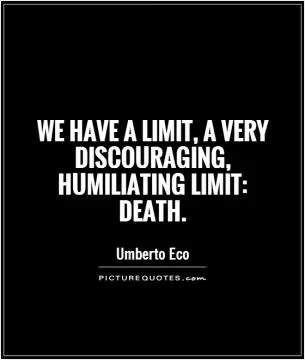
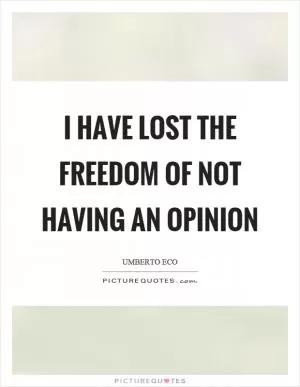
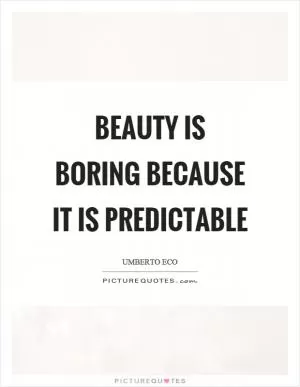

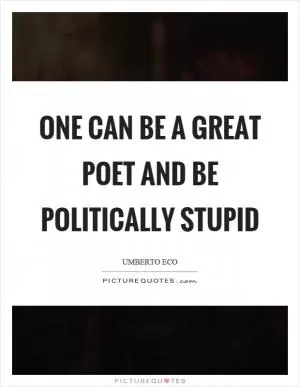
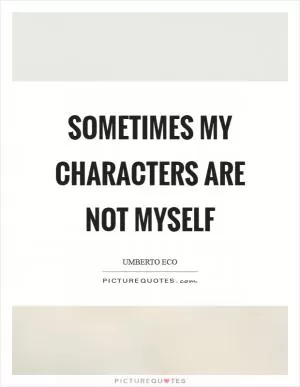

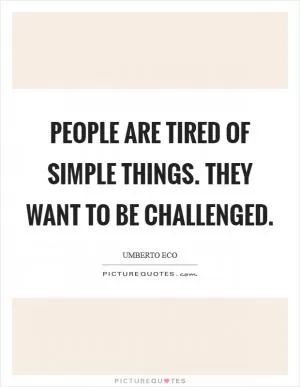
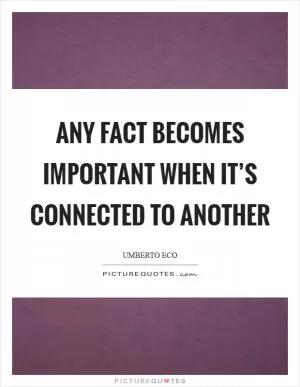
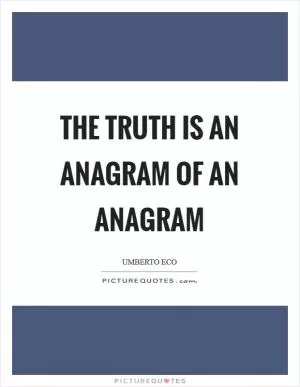
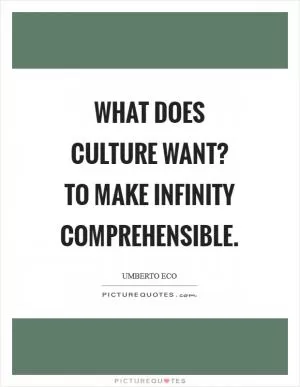

 Friendship Quotes
Friendship Quotes Love Quotes
Love Quotes Life Quotes
Life Quotes Funny Quotes
Funny Quotes Motivational Quotes
Motivational Quotes Inspirational Quotes
Inspirational Quotes